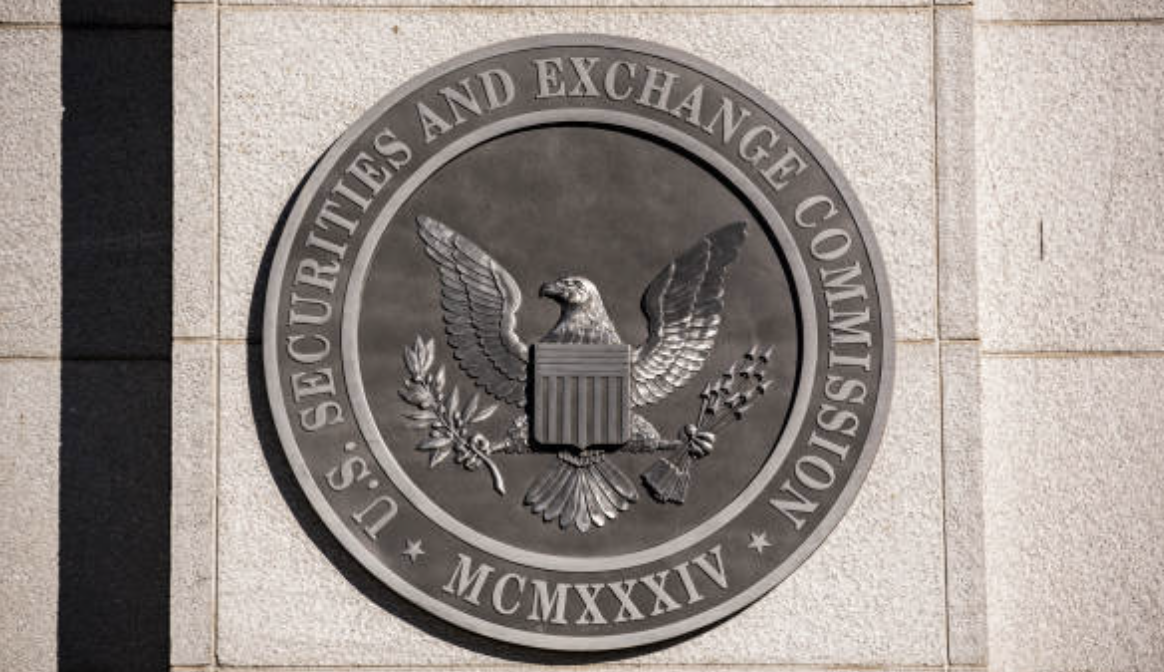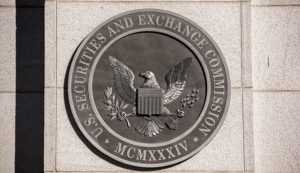Join Our Telegram channel to stay up to date on breaking news coverage
The quest for a Bitcoin Exchange-Traded Fund (ETF) has been a topic of great interest and anticipation in the cryptocurrency community for years. The potential approval of such an ETF by the U.S. Securities and Exchange Commission (SEC) is a significant milestone that could pave the way for greater institutional adoption and mainstream acceptance of Bitcoin.
The SEC’s continued reluctance to greenlight a Bitcoin ETF has drawn criticism from industry players. This includes Cameron Winklevoss, co-founder of the Gemini cryptocurrency exchange.
ETF Dilemma: Bitcoin
An ETF is an investment vehicle that allows investors to gain exposure to a particular asset or group without owning it. It trades on a stock exchange, making it accessible to many investors. A Bitcoin ETF would enable traditional investors to easily invest in Bitcoin without navigating the complexities of purchasing and storing the cryptocurrency directly.
Since 2013, various entities have submitted proposals to the SEC seeking approval for a Bitcoin ETF. However, the SEC has consistently raised concerns about market manipulation, lack of surveillance, and investor protection. These concerns have been the primary reasons for the regulatory body’s rejection or delay of Bitcoin ETF applications.
Cameron Winklevoss’ Perspective
Cameron Winklevoss and his twin brother Tyler are well-known for their early involvement in Bitcoin. They founded Gemini, a New York-based cryptocurrency exchange, and have been vocal proponents of regulatory clarity and Bitcoin ETF approval.
In an interview with Decrypt, Winklevoss expressed his frustration with the SEC’s inaction and labeled it a “complete disaster” for the United States.
Winklevoss argues that the SEC’s refusal to approve a Bitcoin ETF hinders the growth of the cryptocurrency industry in the United States. He believes the demand for a Bitcoin ETF is significant, and institutional investors are eager to gain exposure to Bitcoin through a regulated and accessible vehicle.
By denying this demand, Winklevoss contends that the SEC is driving innovation and potential economic growth overseas, where other countries are more receptive to cryptocurrency investments.
Winklevoss stresses that the concerns raised by the SEC, such as market manipulation and surveillance, are already being effectively addressed by existing regulated cryptocurrency exchanges like Gemini.
These exchanges adhere to strict regulatory standards, including anti-money laundering (AML) and know-your-customer (KYC) requirements, making them well-equipped to handle the demands of a Bitcoin ETF.
While the SEC’s cautious approach to Bitcoin ETFs is understandable, given the complexities and potential risks associated with the crypto market, Winklevoss argues that the Commission’s inaction is detrimental to the United States’ competitiveness in the global financial landscape.
He urges the SEC to embrace innovation and work closely with industry participants to establish clear guidelines and regulations that protect investors while fostering growth.
Winklevoss suggests that the SEC could consider approving a Bitcoin ETF with appropriate safeguards, such as selecting well-regulated custodians and ensuring robust market surveillance mechanisms.
By doing so, the SEC can enable a controlled and transparent pathway for investors to access the potential benefits of Bitcoin and cryptocurrencies while minimizing risks.
The SEC’s reluctance to approve a Bitcoin ETF has frustrated many cryptocurrency enthusiasts and industry players like Cameron Winklevoss, who see it as a missed opportunity for the United States to establish itself as a global leader in digital asset innovation.
Winklevoss emphasizes that regulatory clarity and a forward-thinking approach are essential for the country to remain competitive in the rapidly evolving financial landscape. As the industry matures and innovates, regulators must balance investor protection and facilitate responsible cryptocurrency investment opportunities.
Join Our Telegram channel to stay up to date on breaking news coverage


